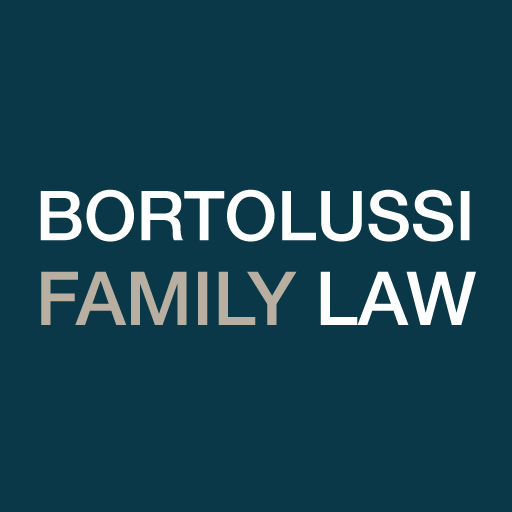Decision-Making (Child Custody)

Vaughan Child Custody Lawyers for Parental Decision-Making Rights
Decision-making ability, previously known as custody, determines how co-parents make the important decisions relating to their child’s life such as a child’s schooling, religious upbringing, and medical decisions. In a separation or divorce, it’s important to determine who has the ultimate authority with respect to these issues to avoid prolonged and unnecessary conflict. After a separation, neither parent is permitted to exert authority over the other with respect to major decisions in their child’s life until and unless there is a parenting order or separation agreement which contains a mutually agreed-upon parenting plan.
Assigning decision-making ability should always be based on the child’s best interests, and if left up to a court or arbitrator to decide, this will be the governing criteria.
At Bortolussi Family Law in Vaughan, our lawyers work with clients facing a separation or divorce to resolve all matters pertaining to parenting as quickly and amicably as possible. We understand the significant strain that can be placed on a family when parents are in constant conflict over the issues affecting their children post-divorce or separation. Our goal is always to help each family work these issues out efficiently and with as little conflict as possible in order to preserve a functional and effective dynamic.
Child Custody Arrangements
Sole Decision-Making Ability (formerly Sole Child Custody)
Sole decision-making ability, formerly called sole custody, refers to a situation in which one parent has the decision-making authority over major issues like residence, health, education, and religion. This may be a necessary scenario in cases where parents often find themselves diametrically opposed with little ability to reach a joint decision on these issues.
Shared Decision-Making Ability (formerly Joint Child Custody)
Joint child custody, or shared decision-making ability, refers to situations where parenting decisions are made by both parents in consultation with one other. Shared decision-making ability is the preferred child custody arrangement, so long as parents are able to demonstrate a willingness and ability to compromise or otherwise come to a mutually agreeable decision based on the best interests of the child.
Split Decision-Making Responsibility
In some cases, a third custody arrangement, called split decision-making responsibility, may be an option. Split decision-making responsibility gives each parent sole decision-making authority over one or more of their children. For example, the parent with whom the child resides may be given sole decision-making ability over decisions pertaining to that child specifically.
It’s also possible to allow parents to split their decision-making ability by issue rather than by child. If one parent feels particularly strongly about the child’s religious upbringing, and the other is very involved in the child’s education, decisions can be split this way for the same child.
Contact the Divorce Lawyers at Bortolussi Family Law in Vaughan for Representation in Custody and Parental Decision-Making Disputes
At Bortolussi Family Law, our divorce lawyers have considerable experience helping clients to navigate parental disputes, including decision-making issues. We guide each client to find the best solution for their family to help them move forward confidently. with compassion and excellent advocacy skills. Whenever possible, we seek to reduce conflict in parenting disputes in order to promote a more functional family dynamic for every client post-divorce or separation.
From our office in Woodbridge, we assist clients from across the Greater Toronto Area, extending out to Mississauga, Brampton, Caledon, Whitchurch-Stouffville, Woodbridge, Maple, Kleinburg, Caledon, Concord, Vaughan, Bolton, Nobleton, Markham, and Etobicoke and all areas in between with all aspects of their separation and divorce process. To discuss your circumstances and learn about the options available to you, please reach out to us online or by phone at 416-987-3300.






